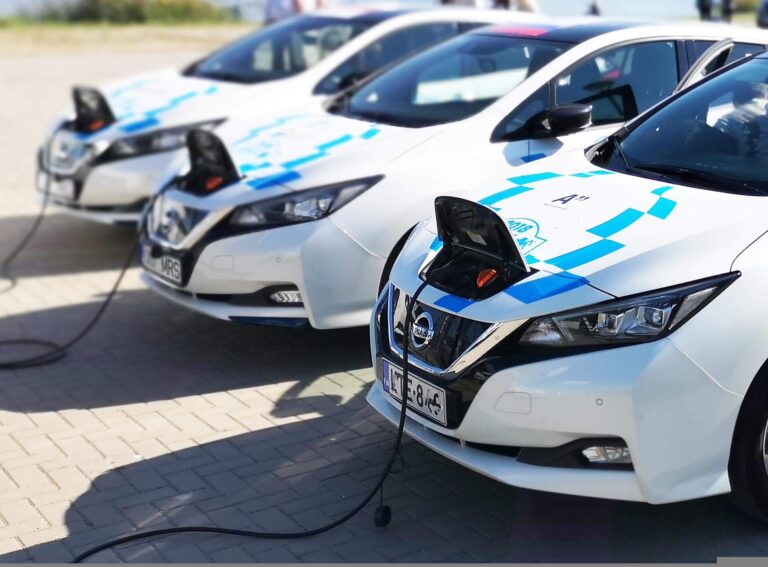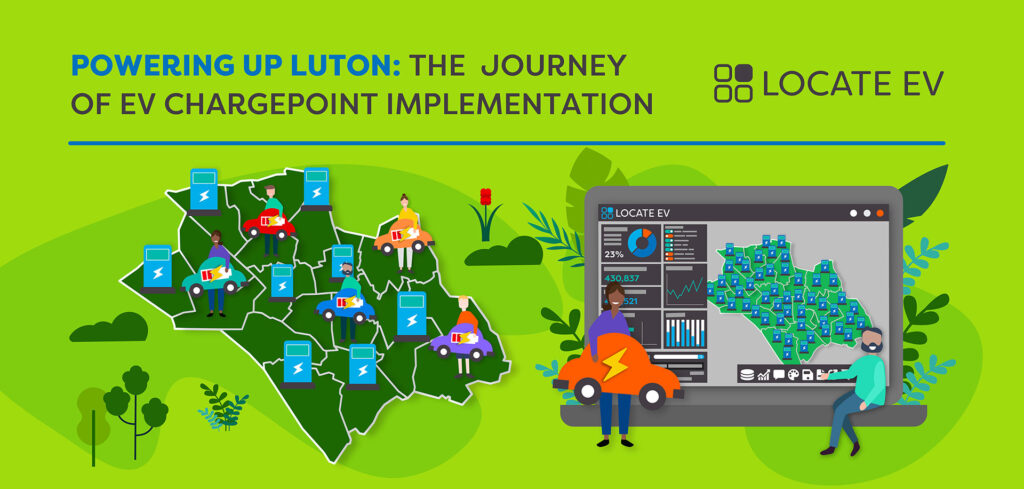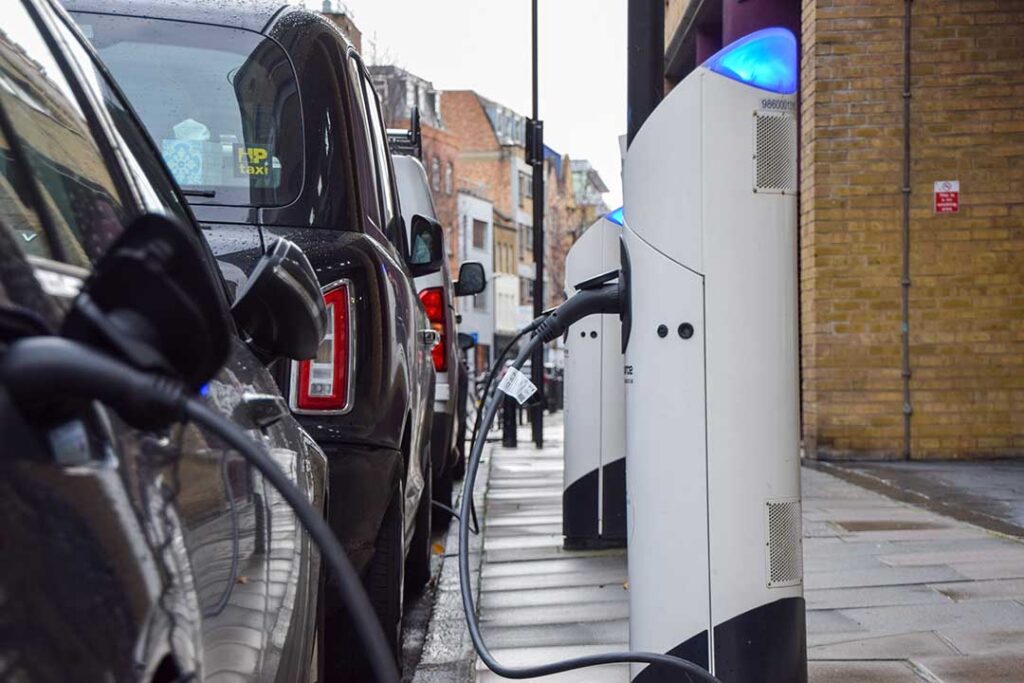The Crucial Role of Location Intelligence
In today’s world, data and Location Intelligence have never been more important, especially when it comes to ensuring that charge points are placed in the right locations to meet the growing demand for electric vehicle charging. With the introduction of these new regulations, the significance of proper location planning becomes paramount. This is where tools like LOCATE EV come into play, offering essential functionality to support the efficient placement of chargepoints.
Transparency and Price Comparison
One of the most prominent aspects of the new regulations is the focus on transparency. EV users can finally bid farewell to the days of uncertainty when it comes to charging prices. With the data on charging prices now being publicly available, drivers can easily compare the costs of different chargepoints. This is a game-changer for those looking to make cost-effective choices in their EV charging habits. The newfound transparency empowers consumers to make informed decisions and find the most economical charging options.

Convenience for EV Drivers
Finding a free charging station has often been a challenging task for EV drivers. The new regulations seek to eliminate this hassle by requiring providers to share data on chargepoint availability.
Sharing chargepoint availability means that EV drivers will no longer have to rely on sheer luck or driving around aimlessly in search of a vacant charging station. Instead, they can check the availability of chargepoints before heading out, making their journeys smoother and more efficient.
In addition to availability, the regulations also provide information on charging speeds and charger locations. This means that EV users can now plan their routes with precision, ensuring that they can find suitable chargepoints along the way. Such information is invaluable for those embarking on longer journeys, as it reduces the stress of finding suitable charging facilities.

Contact-Free 24/7 Helplines
The introduction of contact-free 24/7 helplines is another feature that will greatly benefit EV users. In the past, issues with accessing charging on public roads could lead to frustration and inconvenience. With this helpline in place, drivers can seek assistance around the clock, ensuring that they receive timely support if they encounter any problems during the charging process. This convenience further solidifies the reliability of EVs and encourages more drivers to make the switch to electric vehicles.
Economic Viability
Jesse Norman, the Technology and Decarbonisation Minister, pointed out that these measures will enhance the economic viability of driving electric. The combination of price transparency, ease of use, and 24/7 support makes EVs an even more attractive option for consumers. As EV adoption continues to rise, these regulations are a vital step towards making EVs a financially sensible choice for millions of drivers.
Record Numbers of Public Chargers
The UK has been making substantial progress in expanding its EV charging infrastructure. According to Zapmap, a leading EV mapping service provider, the country surpassed the 50,000 chargepoint milestone, marking a 42% year-on-year growth in public chargers. This growth reflects the commitment of both the government and private stakeholders to create a robust charging network for EV users. With the new regulations in place, these chargers become even more accessible and user-friendly.

Government Initiatives
The UK government is not resting on its laurels. In early October, it announced a comprehensive “Plan for Drivers” that includes measures to accelerate the installation of charge points. This plan extends charge point grants for schools and reviews the grid connection process for chargepoints. By addressing infrastructure expansion and accessibility, the government is working to ensure that the charging network can keep up with the increasing demand for EVs.
A Major Step Forward for EV Users
James Court, CEO of the EV Association England, aptly summarised the significance of these regulations by stating, “Better reliability, clearer pricing, easier payments, plus the potentially game-changing opportunities of open data are all a major step forward for EV drivers and should make the UK one of the best places to charge in the world.” These new regulations are a testament to the UK’s commitment to becoming a leader in EV adoption and charging infrastructure.
To find out how you can leverage the power of geospatial intelligence using our LOCATE EV planning tool, please reach out to [email protected] to schedule a demo.


